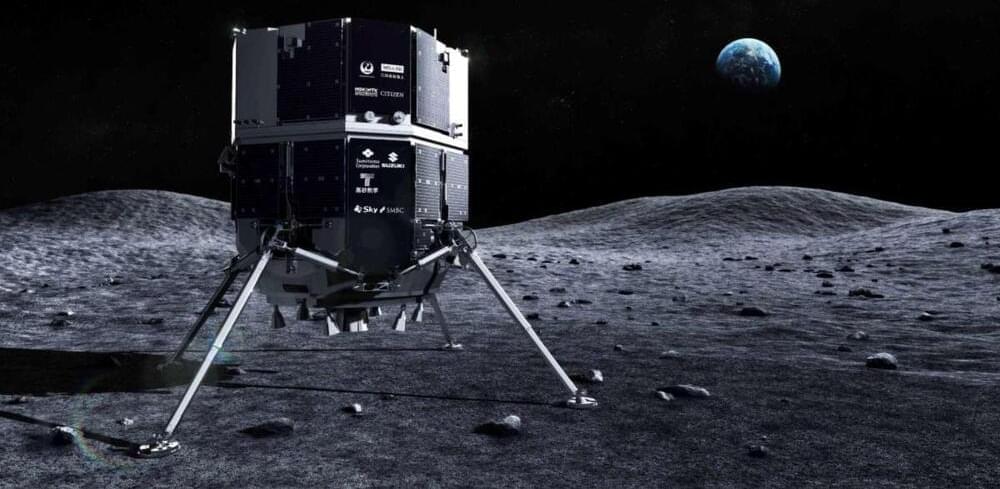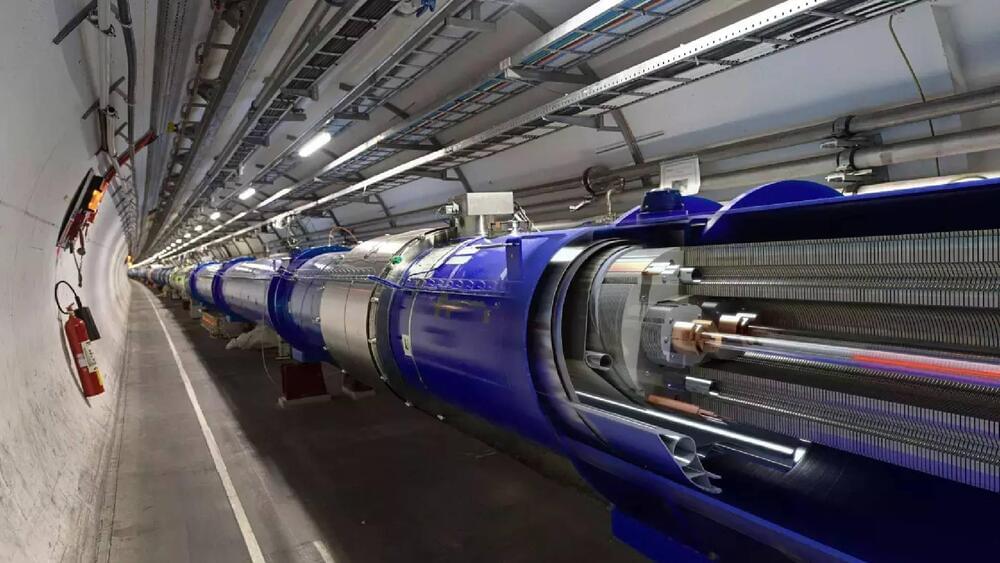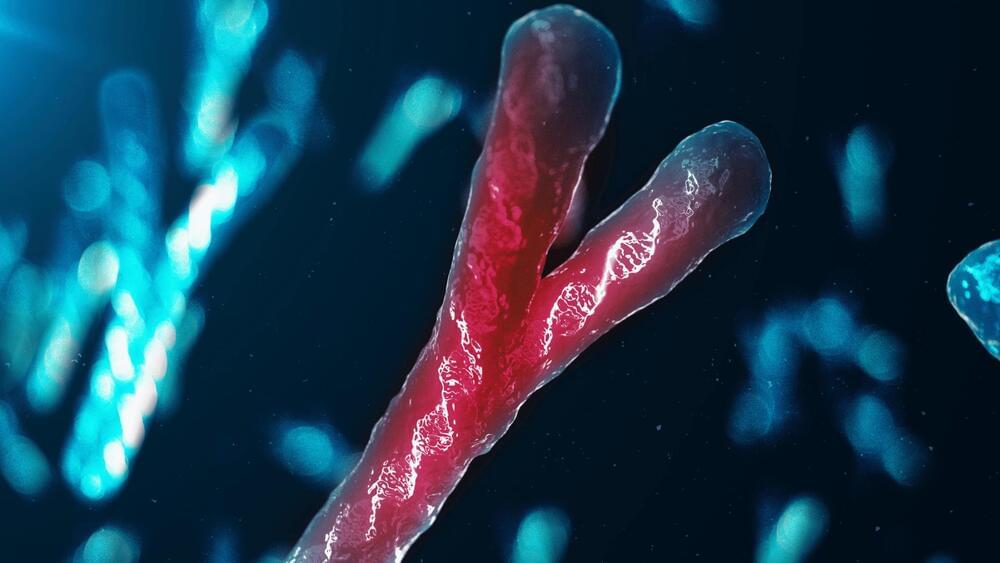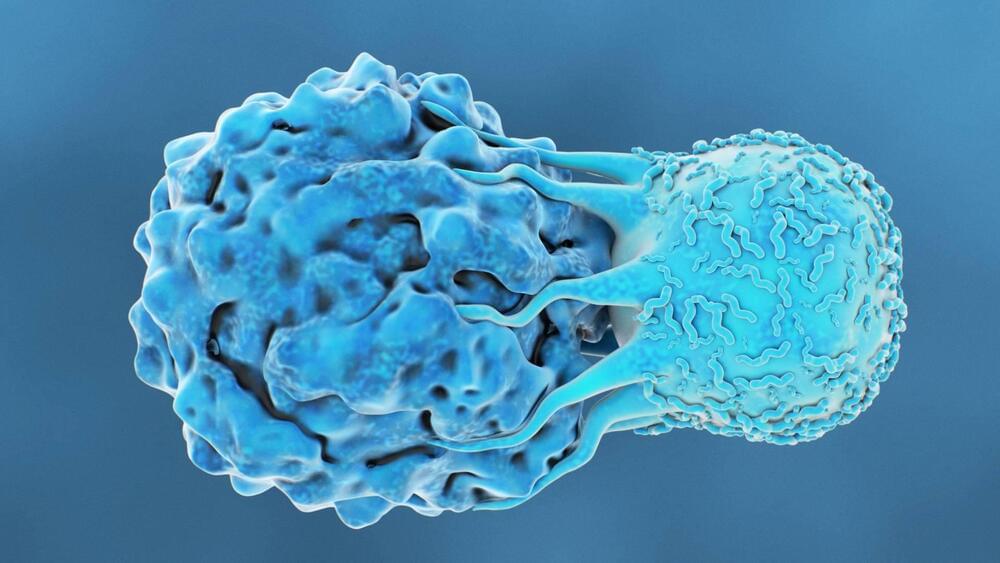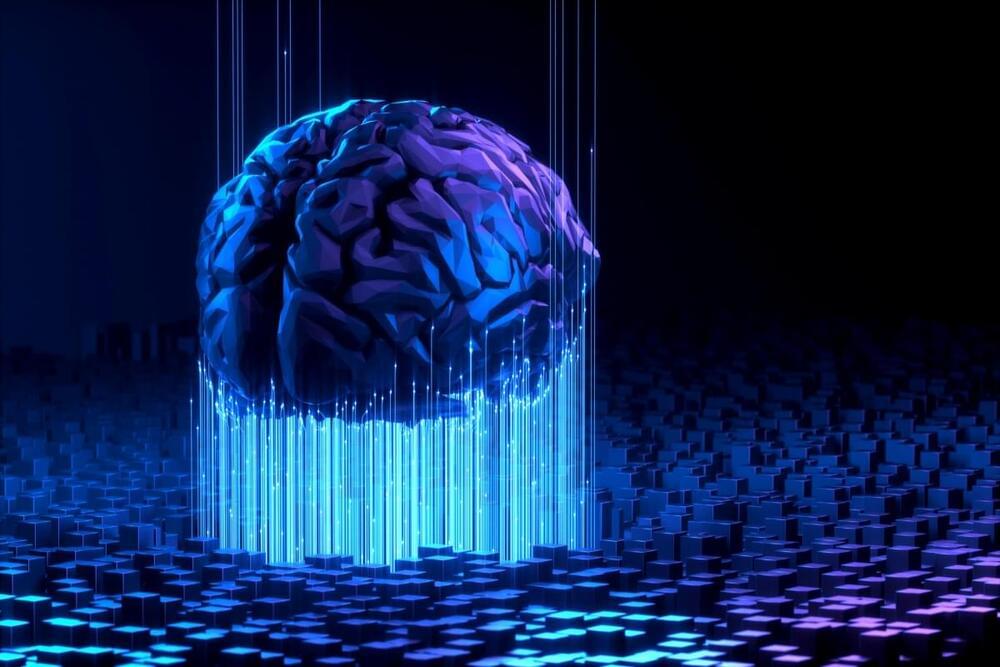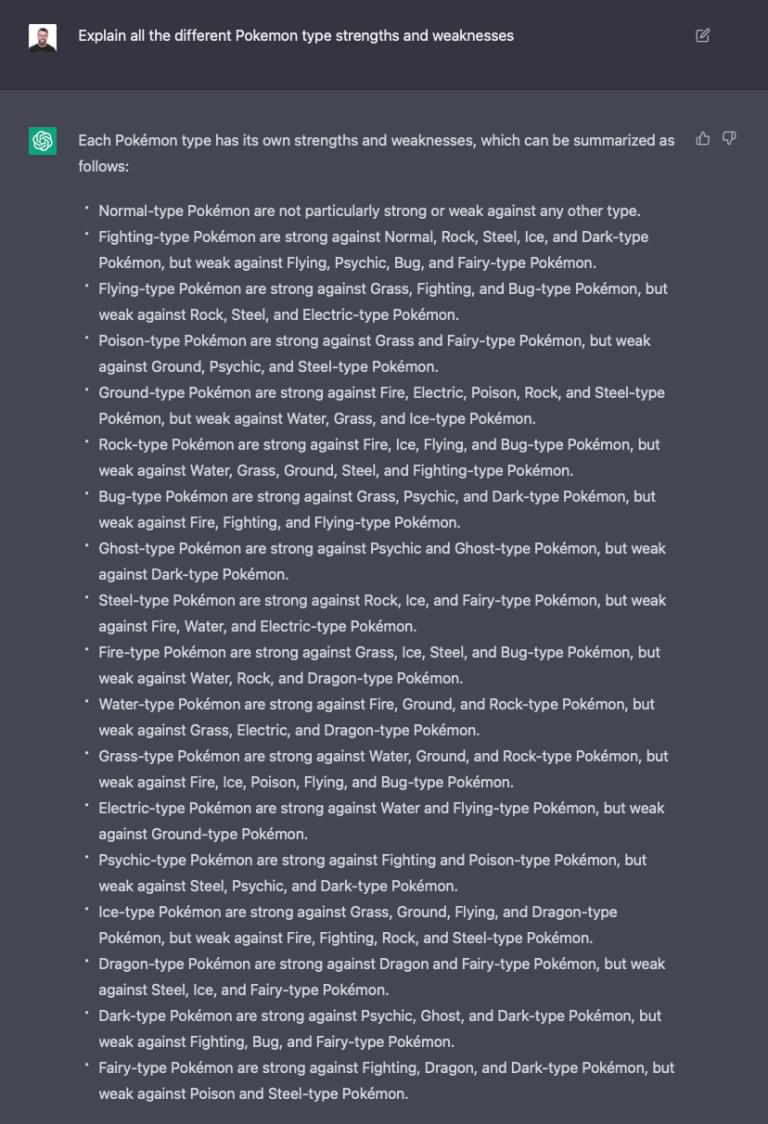Dec 10, 2022
Japan’s ispace set to become the first private firm to launch a lunar lander on the moon
Posted by Gemechu Taye in category: space
The Tokyo-based company will also achieve the first Japanese lunar landing.
Tokyo-based ispace is set to become the world’s first private company to land a lunar lander on the moon this December. “ispace, inc., a global lunar exploration company, released an updated launch schedule for its Mission 1 (M1) lunar lander, now scheduled to liftoff from SLC-40 from Cape Canaveral Space Force Station no earlier than Dec. 11, 2022. The M1 lander, part of the HAKUTO-R lunar exploration program, will launch on a SpaceX Falcon 9 rocket,” said a press statement on ispace’s website.
The mission was initially scheduled to launch on November 30, but the launch date was delayed.
